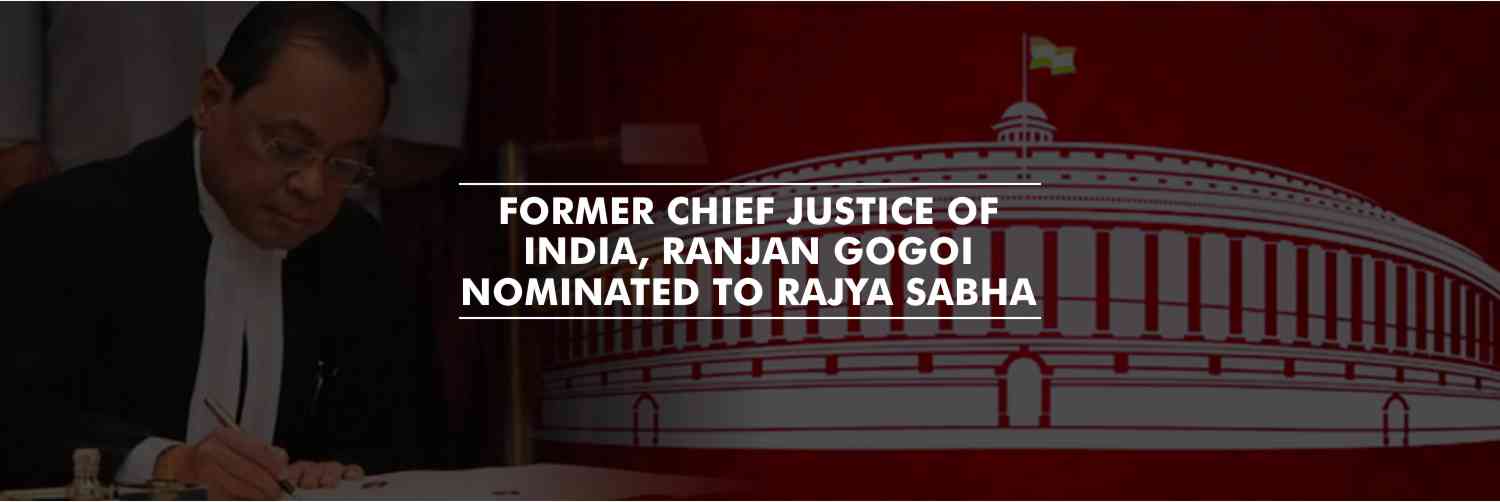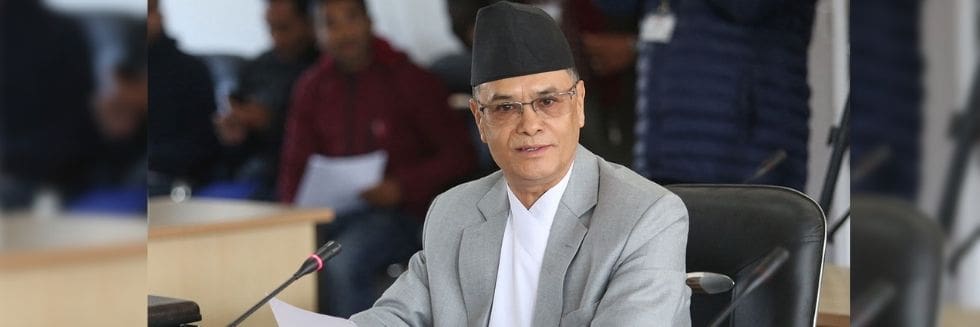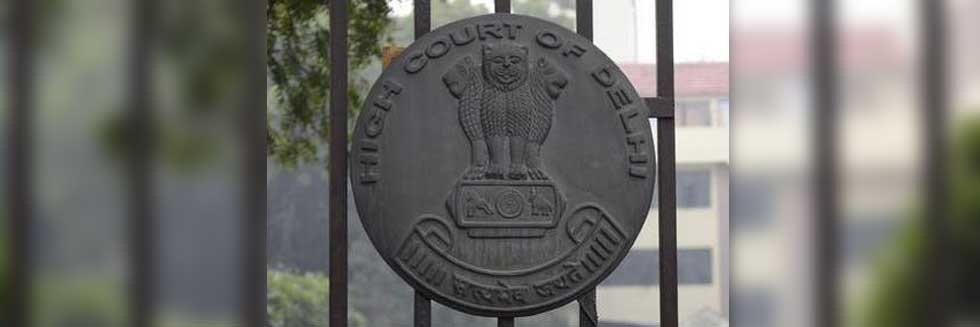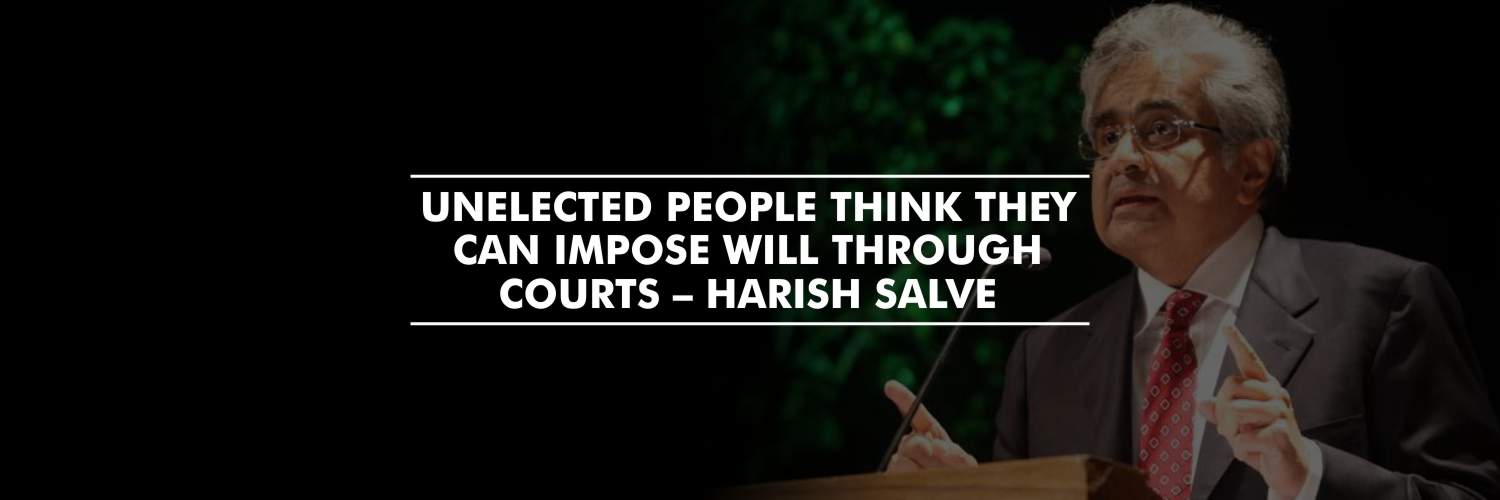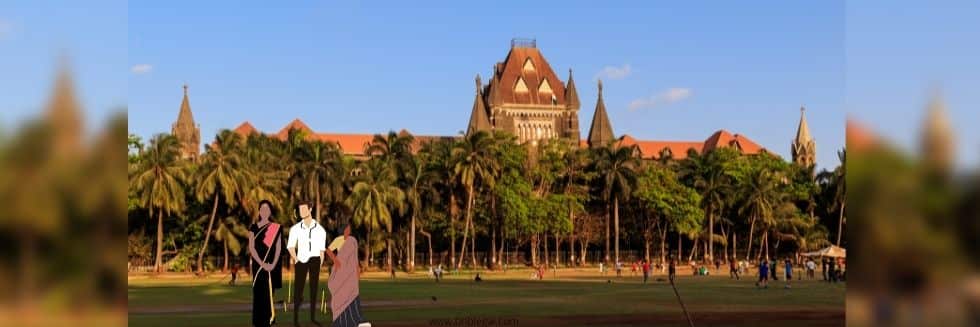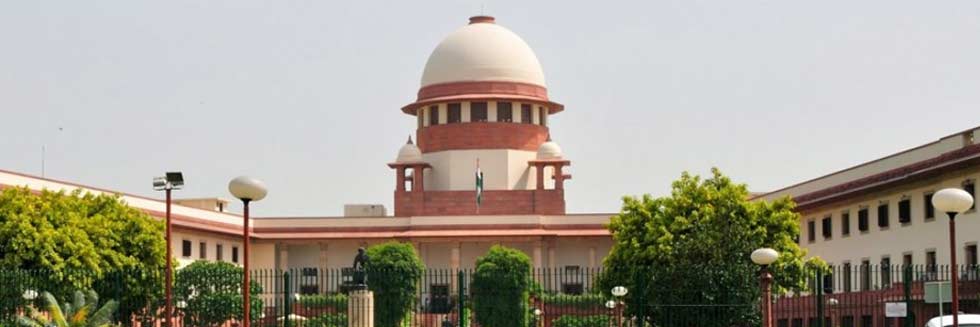The President of India, Ram Nath Kovind has on 16 March, nominate the former Chief Justice of India, Ranjan Gogoi to the Rajya Sabha, the upper house of parliament.
Ranjan Gogoi has served as the 46th Chief Justice of India and has headed the apex court bench which monitored the National Register of Citizens (NRC) process in Assam. He was also a part of the five-judge bench headed by himself, who delivered the verdict in the long-pending Ayodhya dispute case. The court had handed the disputed 2.77-acre land for a temple and granted 5 acres for a mosque at an alternative location in Ayodhya. He was also part of the bench that gave a clean chit to the government in the case regarding the acquisition of the Rafale jets, stating there was no occasion to doubt the decision-making process in the procurement of 36 fighter jets.
Gogoi had retired in November last year, after presiding over the Supreme Court for around 13 months. In his farewell speech, Justice Gogoi had spoken of the lawlessness taking over in ‘some pockets’ of the legal system.
There were allegations of sexual harassment against him by an employee of the court, which was later cleared by a three-member Supreme Court panel.
Meanwhile, the nomination of Gogoi to the Upper house did not go quite well with the opposition. Several leaders took to Twitter, expressing their disenchantment with the nomination decision. The All India Majlis-Ittehadul Muslimeen (AIMIM) chief, Asaduddin Owaisi alleged ‘quid pro quo’ in his nomination.
On the other hand, the former Bharatiya Janata Party leader, Yashwant Sinha stated that Gogoi’s appointment to Rajya Sabha would cause incalculable damage to the reputation of the judiciary.
The national spokesperson for the Indian National Congress party, Sanjay Jha preferred to give no comments on Gogoi’s nomination by the President.
Earlier, the former Chief Justice of India, P Sathasivam was appointed as the Governor of Kerala, by the Narendra Modi government. Similarly, the former Justice Baharul Islam was earlier a Rajya Sabha MP before being nominated as Judge of the Gauhati High Court. He was appointed as judge of the Supreme Court in 1980, wherein, he resigned and became a member of Rajya Sabha again.
In early 1998, the 21st Chief Justice of India, Ranganath Mishra had joined the Congress and became a Member of Parliament. Reportedly, he retired as the Chief Justice in 1991, nominated to the Rajya Sabha in 1998 and held the post in the upper house, till 2004.
